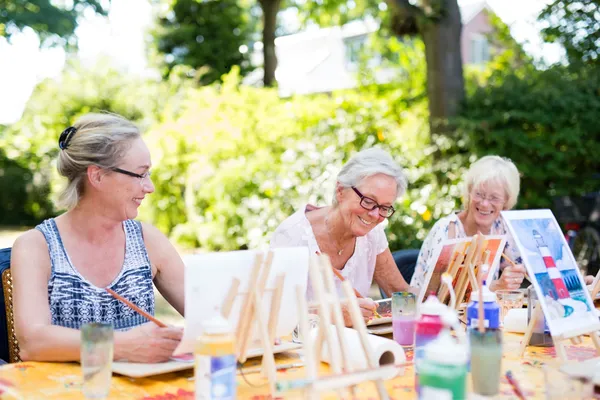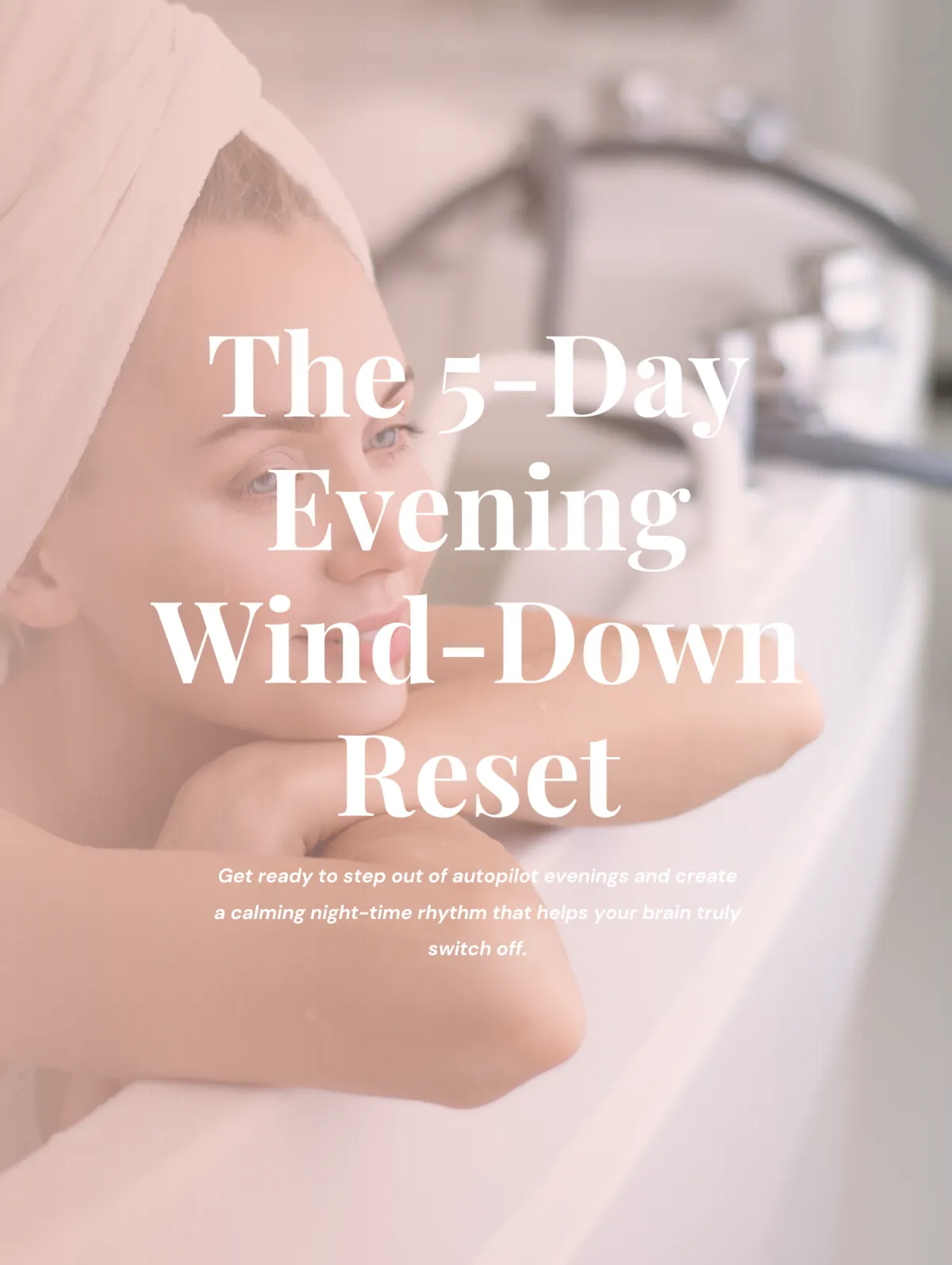
You’re Never Too Old to Play - and Here’s Why Your Brain Needs It
"Our inherent need for variety and challenge can be buried by an overwhelming sense of responsibility. Over the long haul, when these spice-of-life elements are missing, what is left is a dulled soul." - Dr Stuart Brown, psychiatrist, researcher and author
When was the last time you played?
Not just passed time. Not just scrolled. Truly played - for no purpose other than joy, curiosity, or creative expression?
If it's been a while, you're not alone. As adults, many of us sideline play, seeing it as unproductive or frivolous. But science tells a different story.
In his fascinating book Play: How It Shapes the Brain, Opens the Imagination, and Invigorates the Soul, psychiatrist and researcher Dr. Stuart Brown makes the case that play isn’t a luxury - it’s a biological necessity.
Why Your Brain Needs Play
Dr. Brown’s research shows that engaging in playful activity does wonders for our mental fitness.
It boosts neuroplasticity, the brain's ability to form and reorganise synaptic connections. This helps us stay mentally agile, supporting learning and adaptability throughout life. It also plays a key role in improving mood and lowering stress. When we play, our brains release feel-good chemicals like dopamine and oxytocin, which help reduce anxiety and lift our emotional state.
Beyond this, play is also a powerful way to stimulate creativity. When we give ourselves permission to explore without a set goal, we spark imagination and open new pathways for problem-solving and innovation. It might seem counterintuitive, but stepping away from work for unstructured play often enhances focus and productivity. We return to our responsibilities with more clarity, energy, and a renewed sense of motivation.
As if that wasn't enough, play strengthens our relationships. Shared joy, laughter, and spontaneous moments of fun are deeply bonding experiences. Whether we’re playing with family, friends, or colleagues, these moments build trust and emotional resilience, which is vital for overall brain health.
In short, play isn’t a distraction from a healthy, productive and fulfilling life - it’s a foundation for one.
But What Is Play?
Play isn’t limited to board games or playgrounds. According to Dr. Brown, play is any activity that is:
Apparently purposeless – You’re doing it for its own sake.
Voluntary – You choose to do it, not because you should.
Inherently enjoyable – It brings pleasure or a sense of flow.
Timeless – You lose track of time while engaged in it.
Improvisational – There’s room for spontaneity and surprise.
Play can be painting, dancing, daydreaming, exploring nature, inventing silly games with your kids, telling stories, or even trying a new recipe just for fun.
So how can you bring more of this powerful, joyful ingredient into your life?
5 Ways to Reclaim Play - and Power Up Your Brain
Here are five inspiring ways to add more play to your week. Each is backed by the science of neuroplasticity and the wisdom of Dr. Brown's work:
1. Follow Your Play History
Think back to what you loved doing as a child. Was it building forts, doodling, storytelling, dancing, or exploring the outdoors? There’s often a clue in childhood about the kind of play your brain naturally enjoys. Revisit one of those activities this week - even in a simple form.
2. Make Something for the Fun of It
Take on a creative project with no goal other than enjoyment. Write a poem, bake a wildly decorated cake, create a silly video, or start a sketchbook. Let go of perfection. When we create freely, we fire up areas of the brain tied to imagination and innovation.
3. Move in Playful Ways
Try a form of movement that feels fun, not forced. Dance around your kitchen. Try a trampoline workout. Join a local sports club. Go for a walk in nature and collect leaves like you did as a child. Movement + fun = a brain-boosting double win.
4. Play With Others
Play is contagious - and can be even more fun in company. Host a games night, start a storytelling circle, or just be silly with your children or grandkids. Shared laughter boosts oxytocin, the “connection hormone,” and nurtures both brain and heart.
5. Schedule Unstructured Time
Our over-scheduled lives can crowd out play. Try setting aside a “play block” in your week - an hour with no agenda. Follow your curiosity. Tinker, explore, or simply daydream. Often, the most brilliant ideas surface when we stop trying so hard.
Final Thoughts
Play isn’t a break from brain health work—it is brain health work. It enhances your emotional flexibility, mental sharpness, and joy for life.
Dr. Stuart Brown writes, “The opposite of play is not work—it’s depression.” In a world where cognitive decline, burnout, and disconnection are real risks, play may be one of our most potent antidotes.
So this week, give yourself permission to play. Your brain will thank you.






